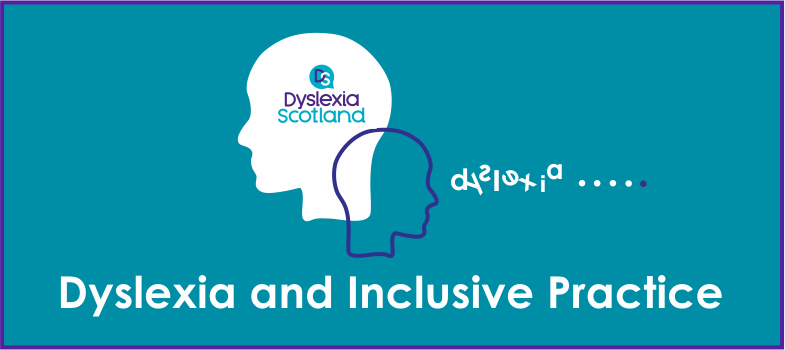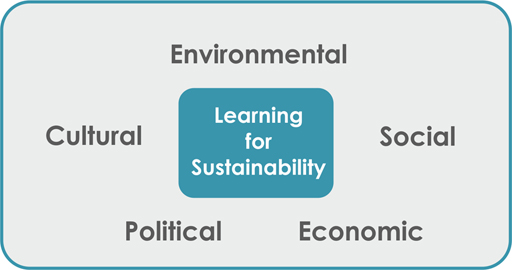6.1 School community
Recap Learning for sustainability
Learning for sustainability represents how a practitioner connects their knowledge and understanding of their learners with the areas highlighted in figure 15
Each school community is unique. Variants will depend on factors such as geographical location, The Scottish Index of Multiple Deprivation (SIMD) ethos and engagement levels, and many more. Developing inclusive school communities requires cognisance of these factors and those highlighted in figure 15.
Revisit Module 2 section 6 [Tip: hold Ctrl and click a link to open it in a new tab. (Hide tip)]
The Standard for Career-Long Professional Learning describes the advanced professional knowledge and pedagogical expertise that registered teachers will develop and maintain as they continue to progress in teaching and the education profession. The standard provides an opportunity for teachers to progress, enrich, develop and enhance their practice, expertise, knowledge, skills and professional values. It will support teachers as they develop as reflective, accomplished, and enquiring professionals who are able to engage with the complexities of teaching and learning, the changing contemporary world of their learners, and the world beyond the profession and its institutions, in order to enhance the learning experiences for all learners.
The key areas of career-long professional learning are:
- Pedagogy, learning and subject knowledge;
- Curriculum and assessment
- Enquiry and research
- Educational contexts and current debates in policy, education and practice;
- Sustaining and developing professional learning;
- Learning for sustainability.
Activity 19
In your Reflective Log complete the table and indicate how you are achieving the standards.
See the diagram which highlights the National Framework for Inclusion
See the National Framework for Inclusion website
Read further information on the GTCS standards for career long professional learning
Introduction

